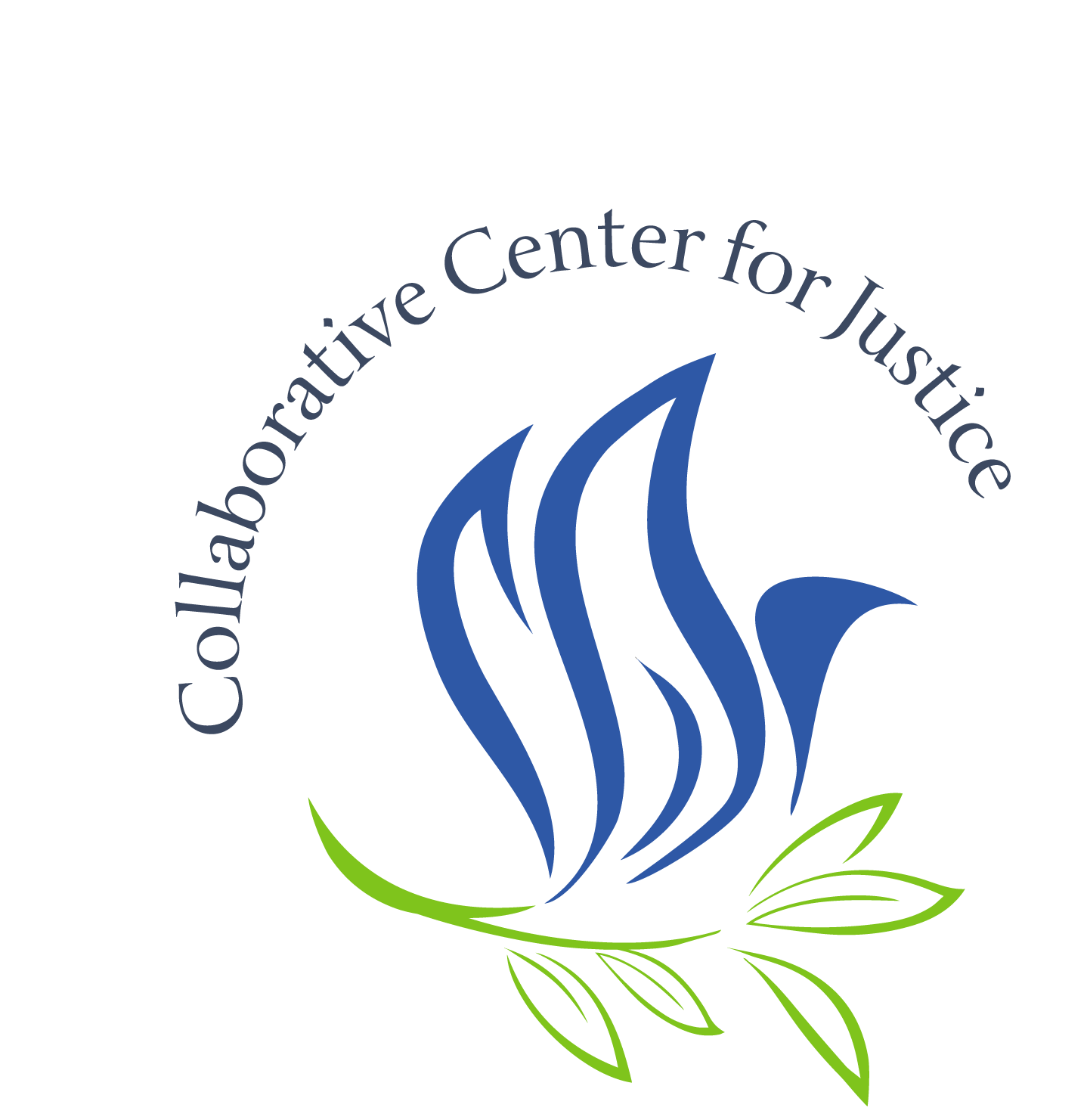
A cursory reading of Laudato Si: On Care for Our Common Home could leave one with the impression that the preferential option for the poor, as a concept, is unimportant to the document. After all, Pope Francis only mentions it once, and it occurs all the way down in the 158th paragraph. In truth, it animates the encyclical. It is the idea that God’s justice is found in the interests and needs of the poor. It takes seriously Jesus’ identification with the needy in Matthew 25:31-46, as well as his warning that we will be judged according to our ability to emulate that special concern.
It asks if, in our collective decision-making processes, we are reproducing the dynamics that keep certain communities at the margins of society. As a community standard, it challenges us to treat the poor as indispensable. It demands that we assess the merits of our institutions from the bottom up. Laudato Si asks that we apply this lens to the climate crisis.
This admonition is neither abstract nor far-flung. In our home state, the Connecticut Siting Council approved construction for a 650MW gas power plant in the eastern town of Killingly. The town’s median household income of approximately $56,000, is nearly 25% lower than the state median. Additionally, Killingly bears the burden of an already operating gas power plant.
The Siting Council approved construction this June despite having rejected a similar proposal two years ago on the grounds that it would not significantly improve energy costs or supply. Furthermore, the state has the responsibility to cut carbon emissions by 80% of its 2001 levels by 2050 under the Global Warming Solutions Act. There is a subtle climate denialism at play when we recognize our common threat, yet we persist with projects that will exacerbate the problem nevertheless.
Pope Francis details how poor and working people in wealthy countries – as in the Killingly case – are made more vulnerable by the way their policymakers distribute risk. He also shines a light on the unique position of the poor in developing countries. Many of these people’s subsistence is directly tied to the environment, largely unmediated by global markets and massive supply chains. He notes,
“[The] worst impact will probably be felt by developing countries in coming decades. Many of the poor live in areas particularly affected by phenomena related to warming, and their means of subsistence are largely dependent on natural reserves and ecosystemic services such as agriculture, fishing and forestry. They have no other financial activities or resources which can enable them to adapt to climate change or to face natural disasters, and their access to social services and protection is very limited. For example, changes in climate, to which animals and plants cannot adapt, lead them to migrate; this in turn affects the livelihood of the poor, who are then forced to leave their homes, with great uncertainty for their future and that of their children [25].”
According to a 2015 study of the UN Food and Agriculture Organization, a quarter of the world’s population survives primarily on the agricultural production of 5 acres of land or less.
Given the small scale of these operations, even slight disruptions can prove catastrophic. When these small-scale operations are upended, people move within the countries or beyond their borders, often providing devalued labor for vital services. In this respect, their poverty subsidizes our quality of life. This drama plays out at our own border. In 2019 alone, erratic weather, including a now five year drought in Central America’s so-called Dry Corridor, affected 2.2 million people in Guatemala, Nicaragua, Honduras, and El Salvador.
Every collection of people adopts dominant perspectives; they determine norms for interpreting and moving about the world. Laudato Si challenges us to move the poor from the periphery to the fore of our view of climate change, because they are already at the forefront of its affects. When we dare to adopt a perspective that centralizes the interests of the poor, we realize that the climate crisis is not some far off dystopian future, but a present challenge to be met with urgent care.
Dwayne David Paul
CCFJ Director



